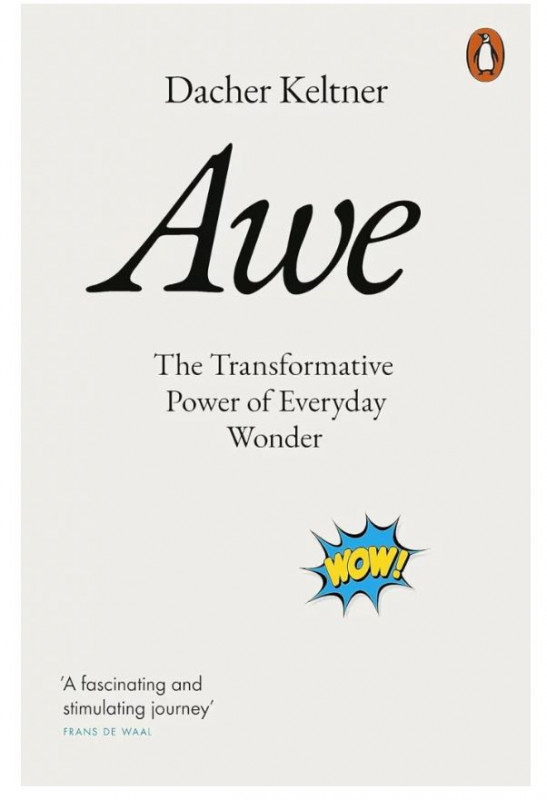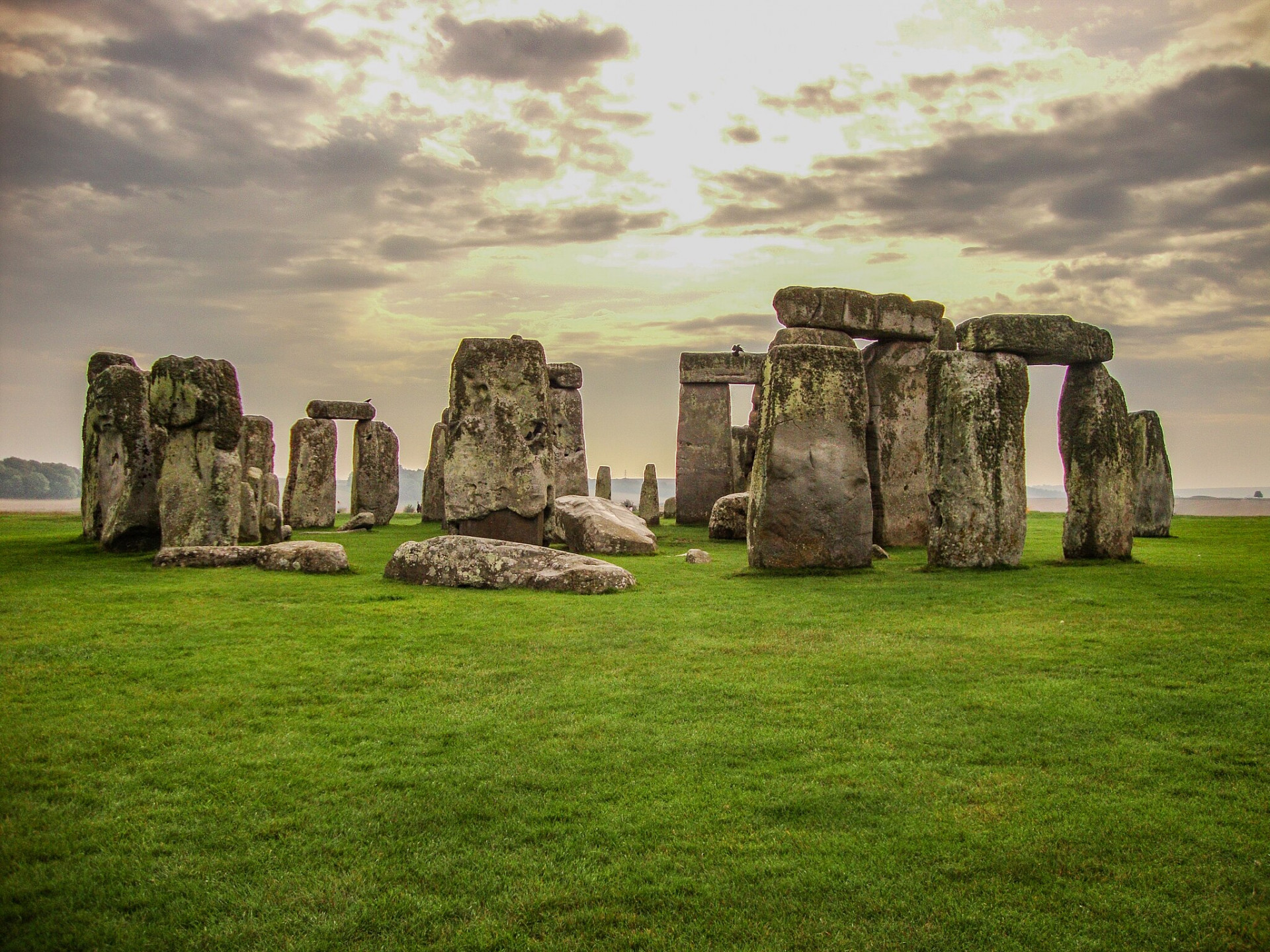By James Woodward
January 2024
 When was the last time that you were simply lost for words? A moment that took hold of you by surprise? The glorious blue light that marks the beginning of a new day with the stars and moon beginning to shift? The majesty of a tree, rooted and standing tall? The smell and beauty and fragility of a vase of roses? The warmth in the eyes and face of a friend parted by time, but in a moment, lighting up the space with pleasure at seeing you? Standing in front of a 15th century Florentine painting?
When was the last time that you were simply lost for words? A moment that took hold of you by surprise? The glorious blue light that marks the beginning of a new day with the stars and moon beginning to shift? The majesty of a tree, rooted and standing tall? The smell and beauty and fragility of a vase of roses? The warmth in the eyes and face of a friend parted by time, but in a moment, lighting up the space with pleasure at seeing you? Standing in front of a 15th century Florentine painting?
Of course, the list could go on, and in this book, it does! Dacher Keltner is a professor of psychology at the University of California, Berkeley. He has studied human emotion, particularly those of compassion, and related issues of power, status, inequality, and social class.
He has a rare ability to convey the depth and quality of intellectual skill and learning with accessibility, enthusiasm, and disarming lightness of touch. His infectious interest and enthusiasm in emotion and the discovery of what history, literature and science has revealed about human flourishing is quite breathtaking. He wants to share what he has found with his reader, simply because of his passionate belief that they reveal what it might mean to live a good life.
After 20 years exploring and teaching happiness, the secret is in the title of the book – AWE!! If you want to live well, if you want to flourish, if you want to seize the day at the moment then FIND AWE. It sounds all ridiculously simple but Keltner takes us deeper into this area of human consciousness and life.
I wonder when you last experienced that sense of awe? Did it creep upon you by surprise? Was it in company with others? Were you listening to music? Did it happen in a particular place?
After living in Salisbury for sometime a few years ago, I decided to ‘bite the bullet’ and visit Stonehenge. I had, of course, driven past it many times or more often sat in a traffic queue along that very familiar piece of road. I took the bus to the visitor centre and decided to walk, enjoying the sunshine of an early June morning. It happened to be a Sunday. The walk from the visitor centre to the site of Stonehenge is a little longer than one might expect but also perplexing. It isn’t a straight or obvious road or pathway. You meander through trees and pass a number of mounds, which I learnt later are thought to be burial chambers.
Suddenly the pathway opens up and on the horizon, the standing stones become visible. This surprise had a touch of awe and wonder about it. This feeling was hard to put into words. I walked on and then found the guides shepherding us towards the Stone Circle. It was still fairly early so there were not many people there, but I could hear the sound of the traffic. The road is surprisingly close to this ancient monument.
I resisted the temptation to be distracted by trying to capture the perfect picture with my mobile telephone. I walked steadily around the circumference of the site. I had a sense of the countryside within which the stones had been placed all those years ago. I wondered about the geometry, the meaning and sheer energy and labour that it must have taken to construct these stones.
But my overwhelming feeling was so powerful, I could hardly put it into words there or now. There was something about the soil, about the place, about this group of stones that spoke to my soul. It was a, spiritual, tangible, awe about Stonehenge, that surprised me and was overwhelming. I was stopped in my tracks as I breathed in this moment of wonder. I was not expecting it. As I moved to capture some pictures the feeling of awe seemed to move on though I’ve never forgotten that moment.
I share this, because part of what this book has been able to do is to offer me a framework within which to understand this experience of awe – though I’m not sure I would have used that word at the time. And I think I should add that, although I am religious, I had no theological map within which to interpret the power and depth of those moments.
So to the book. Eleven chapters carefully crafted with lots of pointers and references to sources. There are four sections: a science of awe; stories of transformative awe; cultural archives of awe and finally, what Keltner describes as living a life of awe. There is something of the polymath displayed in this writing, which makes it attractive to someone who often gets too immersed and lost in technical books, focused down and into particular area of study. What is disarmingly attractive about this book is the passion and enthusiasm that drives a commitment to understanding what this human response means!
The book is not without an awareness of the complexity of awe. It has a dark history, but Keltner argues that it has largely been shorn of fear. There is some debate about whether the emotion is experienced in similar ways across cultures. Our experience of awe is bound up with how we understand scale, the cosmos and our particular context. Would I have had a similar experience of Stonehenge and I spent longer looking at the history and theories behind this group of stones? Was my experience associated with the time of the day or simply what happens to any of our bodies after a decent bit of exercise?!
Keltner defines awe as “the feeling of being in the presence of something vast that transcends your current understanding of the world”. For Keltner, awe is an ennobling experience, one that can foster wonder, creativity and collaboration. He is an enthusiast of awe as he attempts to convince his reader of all of its virtues. Keltner is also aware of the contradictions in this study informed as he is by others: “When I play, I feel the vibration in my heart,” the cellist Yumi Kendall tells him. “It is beyond language. Beyond thought. Beyond religion. It is like a cashmere blanket of sound.”
For Keltner awe is always nearby and offers us a road, a journey to healing and reconciliation in the face of our sadnesses and losses.
As a theologian, I couldn’t quite help feel that this book put a very different light on the question of how we might understand the future of religion. As formal religious connection and practices change and diminish, Keltner offers us an interesting theory that awe might now hold the ground previously occupied by religion. I’m not sure this is quite as full a picture as one might think.
Perhaps our capacity for awe is a reminder that we are intrinsically spiritual beings, able to be surprised on any summer morning of the wonder and mystery beating away at the heart of places and people? We may well need stones, within which and around which we can tell the story of who we are, of what moral beauty might look like, and how this collective endeavour might enable us all to live joyfully and die well.
===
The Revd Canon James Woodward is Principal of Sarum College.
This article was adapted from the original published on his website.
If you’d like to explore spirituality further, consider studying on the MA in Christian Spirituality. There are free taster sessions throughout the year; the next is March 4th, online from 7 to 8pm.
Alternatively, contact the MA Administrator, maadministrator@sarum.ac.uk to arrange a visit or call.
Or have a look at Sarum’s short course programme – a few highlights:
12 March 2024
Bach’s St John Passion: An Exploration for the 300th Anniversary
16 April 2024
Slow Mission
29 April 2024
Robot Souls?

Leave a Reply